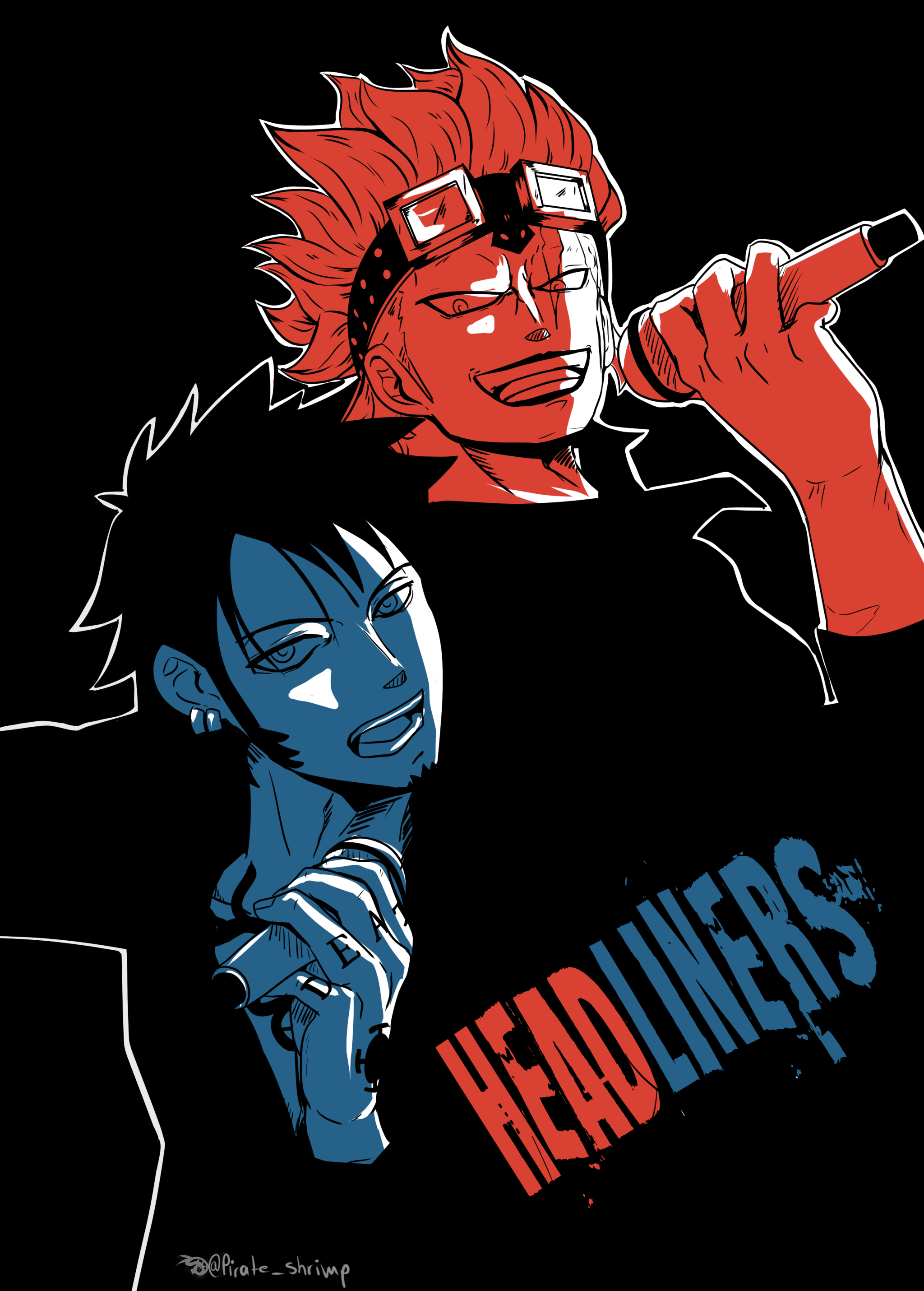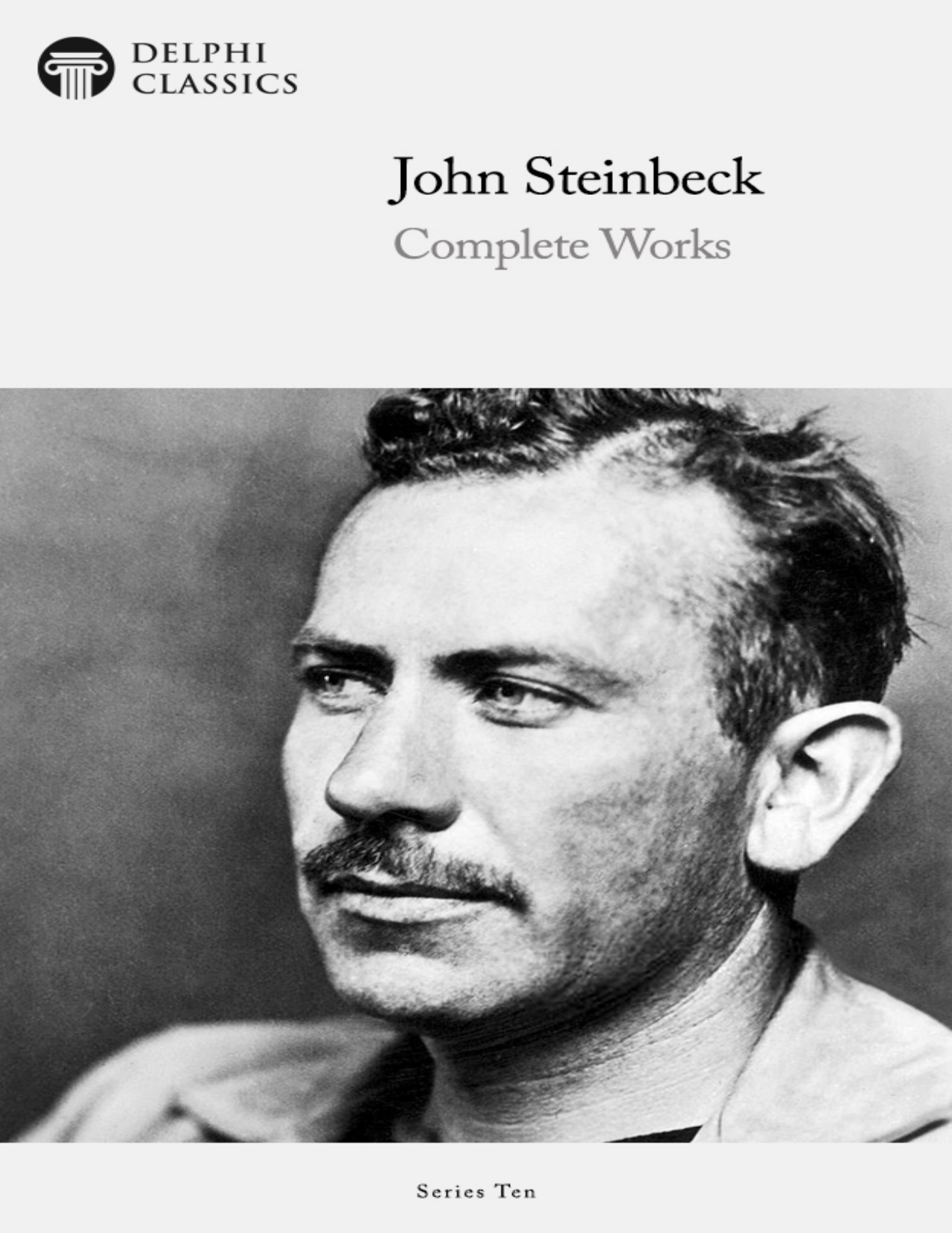

While she has consistently refused to discuss her lyrics (by turns perhaps too personal / abstract), and has remained equally determined to avoid the labels (freak-folk, neo-psych, blah blah blah), so recklessly flung in her direction, the end result has been merely to augment the music’s magical spell. Weaned from an early age on the music of Tim Buckley, you can be sure she knows most if not all of the records I’ve mentioned above. Jessica Pratt is someone who understands this completely.
GRIZZLY BEAR SHIELDS TORRENT PIRATE CRACK
There is something miraculous about those arrangements, each demonstrating how new worlds can crack open via a slow twist of the dial, a flick of the wrist, an accidentally recalibrated guitar tuning. Think of the clouded chimeric backing vocals on Tim Buckley’s ‘Morning Glory’, probably the most perfect song ever sung the languorous shimmer of the vibes riding the static tape hiss on Lee Hazlewood’s ‘My Autumn’s Done Come’ the swooshing “doo-bop sh-bop” on The Flamingos’ ‘I Only Have Eyes For You’, whose multi-layered production came to Terry ‘Buzzy’ Johnson in a dream – maybe the best dream ever dreamt the snaking spectral organ of Leonard Cohen’s ‘Stories Of The Street’ the jarring off-notes of ‘Coconut Grove’ by The Lovin’ Spoonful the rippling tremolo and twinkling autoharp elevating The Electric Prunes’ ‘Onie’ well beyond its mawkish lyric the way flute, harp and strings on Laura Nyro’s ‘You Don’t Love Me When I Cry’ corporealize what otherwise is only the vaguest whisper. Lee, Chris Welch, Fran Kershner, Giovanni Dadomo, Harry, Shapiro, Ian Birch, John Tobler, Kerry King, Michael Heatley, Mike McDowell, Martin Plimmer, Mark Williams, Nigel Cross, Neville Wiggins, Peter Clark, Patrick Humphries, Paddy Poltock, Paul Whitcombe, Stephen Lee, Sally Payne.

Tom Hibbert, Andy Schwartz, Brian Hogg, Bill Knight, Chris Charlesworth, C. Various artist compilation were not included in the book, and will not be included here (sorry Nuggets et al) We have tried to avoid the bigger names and shine a light on those names that don’t usually figure in best of lists. Like the book, if an artist has two albums of equal artistic merit, an alternative choice will be denoted with an ‘a’. While it would be tempting to only include records recorded since the books publication, it may include what we would consider glaring omissions from the original book. What we intend to do is write about the 200 or so albums that we would include in our perfect collection. While it included many of the big hitters and acknowledged classics, what was clear was that the rest of these albums were the real personal favourites of the contributors, the ones that you would fight for.

It included Gene Clark’s No Other and Big Star’s Radio City which were not acknowledged as classics for another decade or two.
GRIZZLY BEAR SHIELDS TORRENT PIRATE PLUS
It turned us on to records like The Standells’ Try It, The Seeds’ Raw & Alive and The Flaming Groovies’ Teenage Head which remain firm favourites thirty plus years after first reading about them. Where the book got it right was the inclusion of some records which I have never seen included in any other best of lists. It included Pat Boone, Cliff Richard and Gary Glitter and omitted Howlin’ Wolf, Link Wray, T Rex and Can. It included Vanilla Fudge’s The Beat Goes On which it claims is probably the worst album ever made. It didn’t inspire us to track down all of the records like some other lists of the “greatest records ever made” (I’ve still not heard some of them). When this book appeared in our local library it consumed and obsessed us. Subtitled “The Rock Albums everybody should have and why”, editor Tom Hibbert and his contributors selected 200+ albums, which would give you, if you bought them all, a “broad, balanced, lively, collection of all thats best in rock music”. The Perfect Collection was published in 1982.


 0 kommentar(er)
0 kommentar(er)
